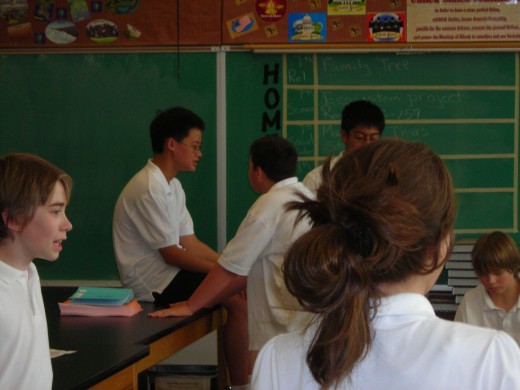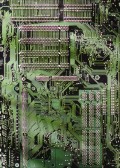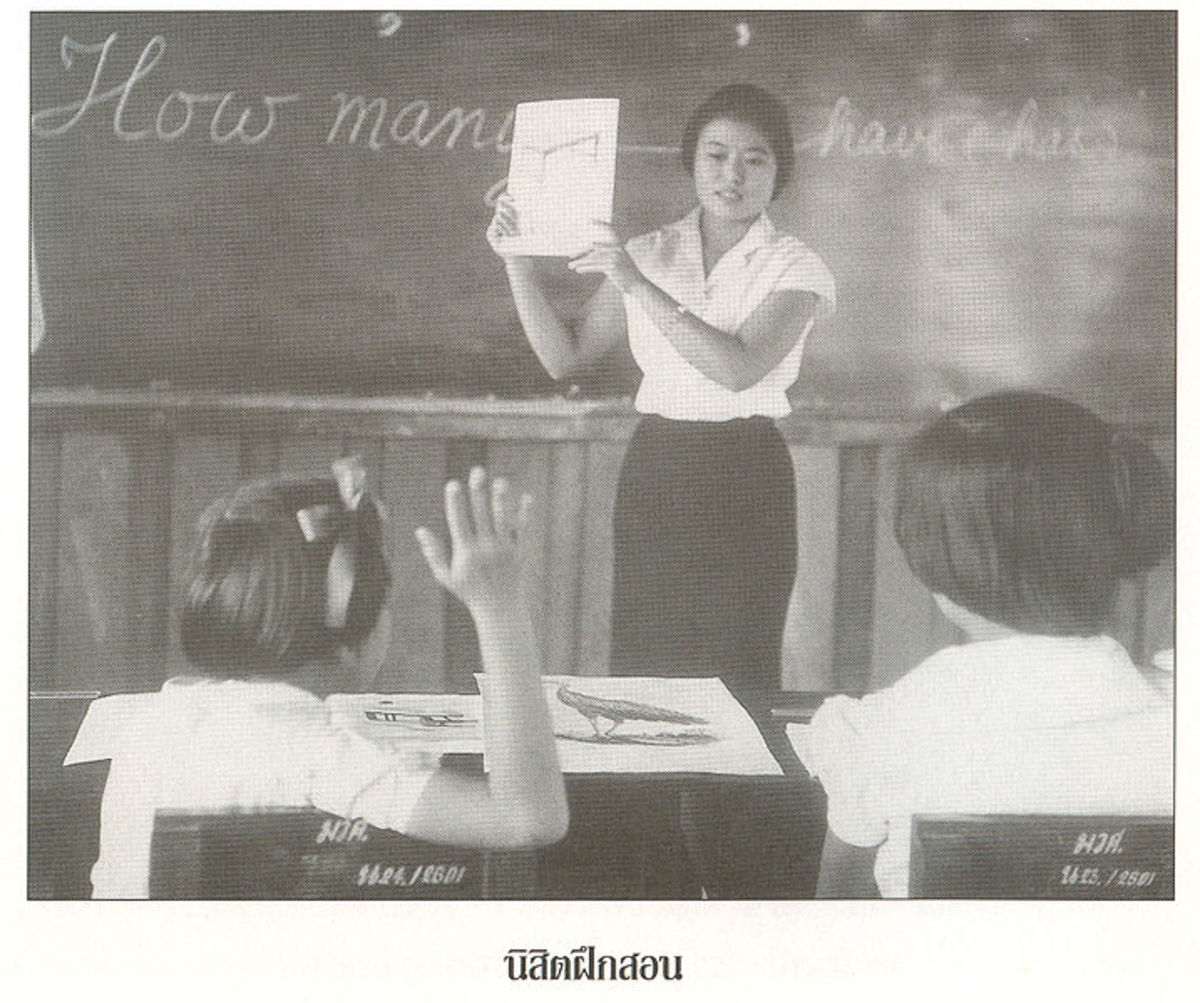The Scientific Method and Critical Thinking Skills: Where Have They Gone?
THE FOUNDATION FOR THIS DISCUSSION
Let me first tell you the steps of the Scientific Method so that we have a base framework for this discussion. The steps of the Scientific Method are as follows:
· Ask a question
· Do background research
· Construct a hypothesis
· Test your hypothesis by doing an experiment
· Analyze your data and draw a conclusion
· Communicate your results
To further add to this discussion, I’m going to give you a definition of Critical Thinking that I found on a website called WiseGeek:
“Critical thinking is the ability to apply reasoning and logic to new or unfamiliar ideas, opinions, and situations. Thinking critically involves seeing things in an open-minded way and examining an idea or concept from as many angles as possible.”
Now we are ready for our chat about the Scientific Method.

A LITTLE BACKGROUND
I have had a rather odd teaching experience. I began teaching in a junior college back in 1977. Two years of high school teaching followed that, and then a ten year detour occurred so that I did not return to teaching until 1990. Twelve years of middle school education followed, then some time off, followed by three years of middle school and high school, all ending in 2006. In other words, my teaching career of eighteen years has spanned grades 6-13 and has also spanned from 1977-2006, almost thirty years in actual time.
That is important in that it has given me a certain perspective that only time will give. I have witnessed some remarkable changes in the educational system over that thirty year span, and I do not necessarily use the word ‘remarkable’ in a good sense.
The most glaring change that I saw over that period was a gradual move away from critical thinking and towards test-result teaching, and to say that I think this adversely affected our students and this country would be a gross understatement.
A VOICE FROM THE PAST
I attended a keynote speech at a teacher’s conference back in 1993, and the speaker was Fr. William O’Malley from Boston, a respected educator on the national level at that time. I cannot find the speech now that I need it, naturally, but I remember the key points like I heard it yesterday. In his brilliant speech, Fr. O’Malley stated that the most important thing we can teach our students is to think critically. Remember that this was just about the time that education in America was beginning to steer towards standardized testing as the know-all, be-all, word from on high, so to say that critical thinking was more important than test results was somewhat of a heresy.
However, I absolutely concur with Fr. O’Malley!
The Scientific Method has been an accepted method of learning for over a thousand years. It put the onus of learning in the lap of the student. It teaches a person to ask questions, gather evidence, test that evidence, and draw conclusions and then…..announce those conclusions for others to analyze.
In no way does the Scientific Method instruct one to turn immediately to the internet for the answer!

MY OWN EXPERIENCE FROM THOSE TEACHING YEARS
What I found over the span of thirty years was that fewer students knew how to think critically the closer I came to the end of my career. Critical thinking and the use of the Scientific Method were common tools used in 1977 when I began. They were practically unseen in 2006.
God knows I tried.
By 2006 the preferred method of “discovery” was to do a search on the web. The source of the information found was never questioned, and invariably the first search result was looked upon as gospel.
I have no doubt….none at all….that Wikipedia is the number one go-to reference site for students today.
Some thoughts about teachers
- School Teacher: Some Characteristics of a Good Teacher
What does it take to be an effective teacher? Read on for some suggestions.
LET ME ASK YOU THIS
Do you see the inherent dangers in teaching rote learning rather than critical thinking?
Memorize the important events in American History from 1861-1865 and repeat them back to me. Simple enough, right, and most students can do that if they have to.
Now, ask those same students the significance of the Emancipation Proclamation as it relates to the Civil Rights Act of 1964, and I wonder what the answers would be. Better yet, ask those students to give examples from 2013 that prove that the Emancipation Proclamation truly was a great historical document.
If you are a betting man or woman, do not bet on the students at this point in the discussion.
Now for the truly scary part of the discussion.
Take new graduates from high school and put them in the workforce. Teach them how to do their job, and turn them loose to be good little worker bees. All is going according to plan until there is a snag in the process. How many of those graduates do you think can look at the problem and devise ways to solve it so that they can continue working?
Better yet, put those graduates in a family situation where they have a hubsband/wife and children, and they are suddenly faced with a monumental problem that threatens to derail their plastic, fantastic life, and how do you suppose they will do?
PARENTS….TEACHERS….UNITE!
I will say this as plainly as I possibly can: this backwards thinking needs to stop, because we are doing a disservice to kids in this country. Children need to learn how to solve problems, and they need to be prepared for real-life problems after school. If they are not given critical thinking skills….if they are not taught the Scientific Method and how it applies to all facets of life….then we have failed them as teachers and yes, as parents.
Parents, if you are waiting for an educational revolution then you are in for a long wait. Funding in most school districts is being slashed. Critical thinking must be taught at home, and it begins very early on.
Teachers, you must find a way to incorporate this into your lesson plans. You must train yourselves to make sure that you not only teach to the test but you also teach to life skills, and there is no more important life skill than to teach a child how to problem solve!
My days in the classroom are over. In fact, my days as a daily-active parent are over. I can only share my experience, strength, and hope, and then sit back and watch what happens. Hopefully, some of you will take something from this and apply it in your own life, with your own children.
I pray that you do; your children are depending on you to do so!
2013 William D. Holland (aka billybuc)

SO WHAT DO WE DO?
Well, quite frankly, if you are relying on the school system to fix this little hiccup, you are in for a long wait. School systems are linked to funding by the standardized test, and there is little time for extra efforts like teaching critical thinking.
That leaves the burden on the parents, and if critical thinking skills are not provided by the parents, the first time the student will learn about them is in college, and at that point they will be floundering.
Time and time and time again, when I was teaching, the students who excelled in middle school and high school were the students who had been taught these skills at home. Their parents actively challenged them at home to think for themselves. Life at home was an extension of school and in many situations the home classroom was higher learning while the school classroom was remedial learning.
Do you think I am joking? Let me give you an example that I clearly remember from 1998. At that time I was teaching at St. Michael School in Olympia, Washington. St. Michael was a private school. Those middle school students, after graduation, went on to Olympia High School, a public high school.
In November of 1998, the Language Arts teacher and I were doing cooperative learning units based on classic literature like “The Lord of the Flies” and “Withering Heights.” One afternoon we got a call from Olympia High School asking us if we would please not teach the classic literature because that was part of the high school curriculum. It turned out that St. Michael graduates were too far ahead of their peers who had attended a public middle school, and we were causing a problem at the high school that they had no answer for.
That was in 1998, fourteen years ago. Can you imagine how large that gap in learning is now?










